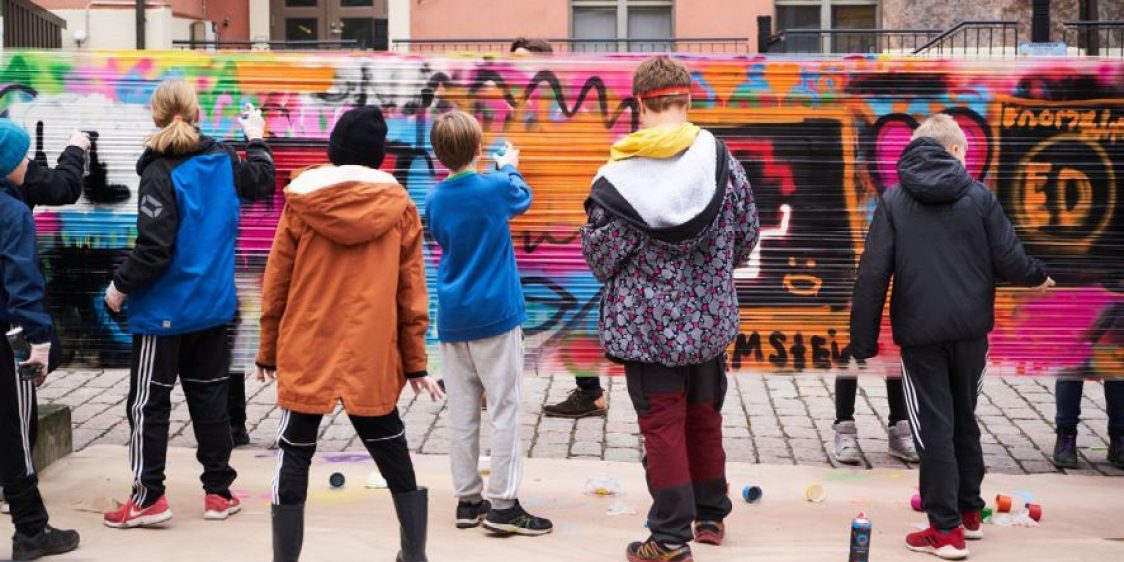
Action Plan for Intangible Cultural Heritage leading the way to 2028
The Finnish Heritage Agency has published the Action Plan for Intangible Cultural Heritage for 2024–2028. The action plan compiles past efforts and defines education, research, communication and international cooperation policy.
The field of intangible cultural heritage is vast. It encompasses everyday practices and celebrations, oral traditions and food culture, craftsmanship and performing arts as well as practises related to natural environments. Knowledge of various traditions also helps us to understand and respect other cultures. This is especially important in the era of international mobility and fast-paced technological and digital development.
The Action Plan for 2024–2028 will define the work in the coming years related to the UNESCO Convention on the Safeguarding of the Intangible Cultural Heritage. The plan highlights the significance of living intangible cultural heritage in society – its role in bringing communities together, strengthening identity and promoting well-being, in particular. At the same time, the plan sheds light to the work Finland has carried out to promote intangible cultural heritage over the past ten years since ratifying the UNESCO Convention. More than 80 organisations and individuals commented on the draft of the action plan through the otakantaa.fi service.
Living heritage is transmitted in communities – not everyone recognises their part yet
Cultural heritage communities play a key role in identifying and defining intangible cultural heritage. There are several operators in Finland safeguarding and transmitting living heritage on the national, regional and local level alike, and not all of them recognise themselves as such as of yet.
Thousands of non-governmental organisations and their local associations along with other civil society operators are involved in practising, safeguarding and promoting intangible cultural heritage. Living heritage is also safeguarded and documented by a vast network of museums, archives, libraries, educational and other institutions. Municipalities are also key in this work.
”We hope that the action plan encourages operators to work actively with living heritage. For many stakeholder, this may mean identifying intangible cultural heritage as part of their daily work and creating new networks to develop the use and fostering of living, intangible cultural heritage,” says Director General Tiina Merisalo from the Finnish Heritage Agency.
According to the action plan, cooperation with various communities and organisations will be continued in the coming years. The cooperation focuses on themes of sustainable development and cultural diversity. Special emphasis will be placed on cooperation with schools and other operators promoting children’s culture. The role of municipalities in safeguarding intangible cultural heritage will be strengthened and work carried out in municipalities will be made more visible.
10 years of the UNESCO Convention
Finland ratified the UNESCO Convention for the Safeguarding of the Intangible Cultural Heritage in 2013. The Finnish Heritage Agency is responsible for the implementation of the Convention in Finland. This new action plan is based on a comprehensive periodic report submitted to UNESCO, which was completed in 2022.
Since the ratification of the UNESCO Convention, the concept of intangible cultural heritage has become increasingly recognisable, and it has been included in the grounds for the Museums Act and the Act on Cultural Activities in Local Government in recent years, for example. Intangible cultural heritage is also centred in the Government Resolution for the Cultural Heritage Strategy 2023–2030.
Enquiries
Leena Marsio, Senior Adviser, tel. +358 295 33 6017, leena.marsio@museovirasto.fi
The action plan in different languages
Action Plan for Intangible Cultural Heritage for 2024–2028,, PDF English
Aineettoman kulttuuriperinnön toimeenpanosuunnitelma 2024–2028,, PDF Finnish
Genomförandeplan för det immateriella kulturarvet 2024–2028, PDF Swedish